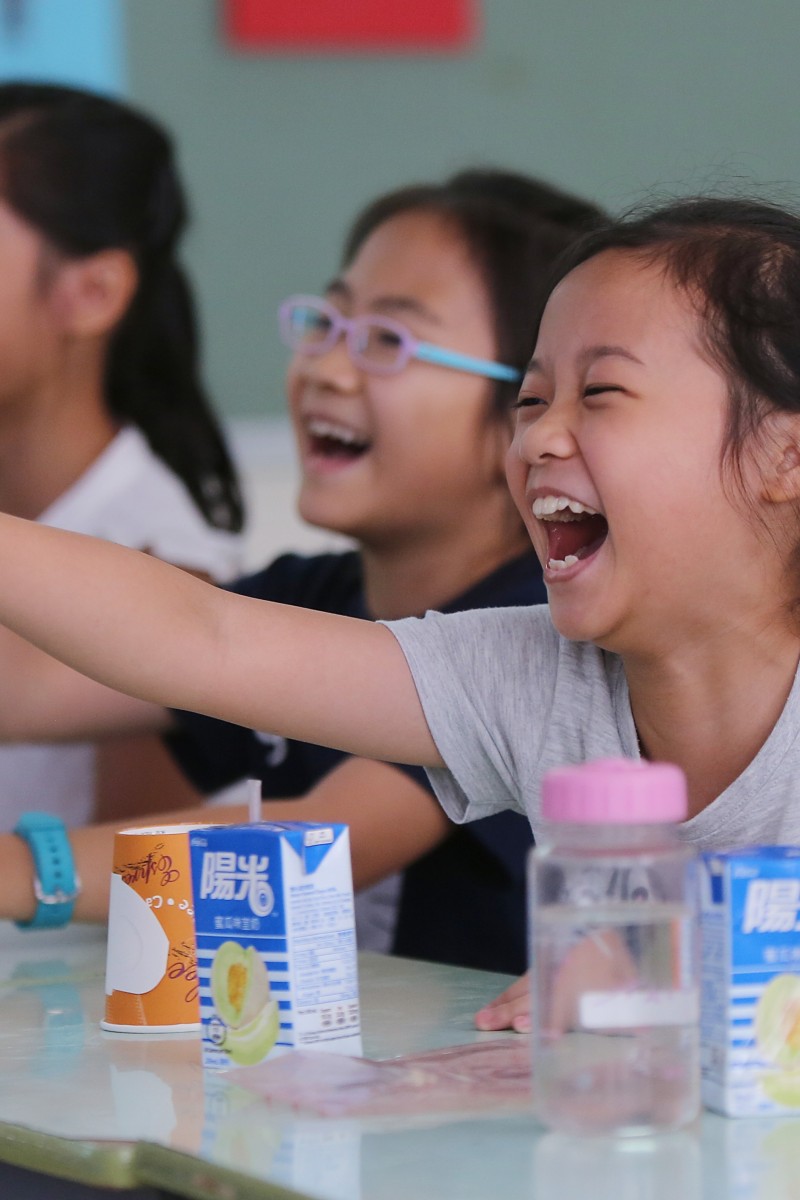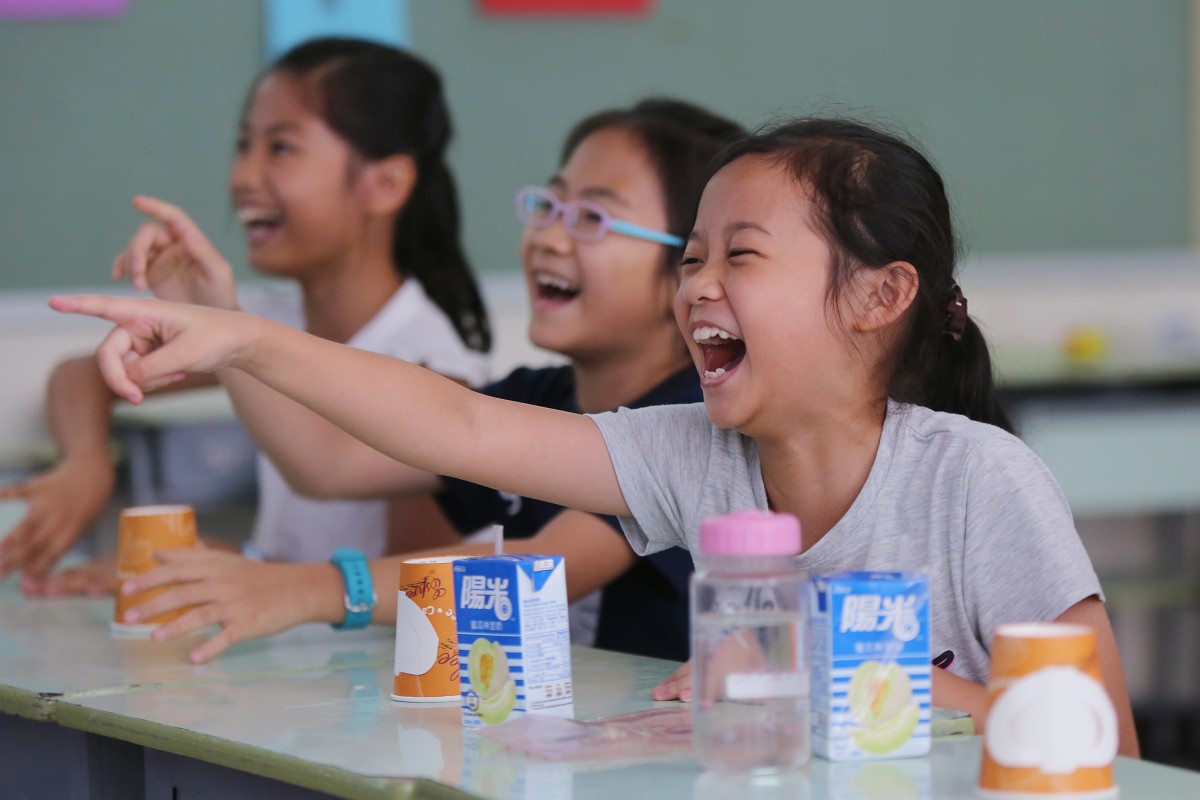
Students from top overseas educational institutions have been spending their summer teaching primary school kids in Hong Kong about the importance of the English language
 Access Hong Kong mixes education and playtime to make learning more fun.
Access Hong Kong mixes education and playtime to make learning more fun.Many people will argue that, since the handover, the standard of spoken English in Hong Kong has been steadily declining. Lots of local students in the city are far less comfortable speaking in English than they are speaking Cantonese. It seems they don’t even try. To combat this, Access Hong Kong is running their annual summer school programme to teach a group of underprivileged students, which includes teaching them English.
The three-week programme partners 100 underprivileged Chinese children (from Primary Two to Five) with student volunteers from leading overseas universities. They create interactive lessons in English, and take the younger students on outings they’d not have had access to otherwise. This year, the programme is held at Farm Road Government Primary School in To Kwa Wan, and is organised by Amina Ma Wing-yu, Felix Lin Kin-ka and Matthew Francis Wong.
Access Hong Kong was set up in 2001 by a group of students from Oxford and Cambridge universities in Britain. The organisation’s head manager, Clara Tsui, wanted to teach English in a fun and engaging way to local students outside of the classroom.
Each week, a new topic is introduced, and last week, it was art and music. The students discussed different art genres, designed their own T-shirts, created their own fashion show and played games.
Ten-year-old Coco Wai Yun-tung says she really enjoyed the summer programme. “We learn English while playing games and watching movies.”
Sammi Cheung Sam-wing, nine, agrees, saying that the lessons are great fun. “My favourite game was musical chairs – there were different fruits on chairs and we had to sit on the right fruit.”
Caz Leung Hoi-wai, who will be going into Primary Six next month, says she thinks the classes will help her pass her secondary school entrance exam.
She adds she likes the activities because they are about learning as part of a team, and are never a competition. “It’s not about winning or losing. It’s about learning English together,” she says.
One of the volunteer teachers for this year’s programme, Victor Wong Kin-man, is a future Cambridge maths student. Wong, 19, says he’s had to find a balance between being a friend to the primary school students and being in a position of authority.
“I was very friendly [with the students] in the first few days, and found they’d talk during class. I’m not allowed to shout, so I use simple commands like ‘sit down’, ‘look up’ and ‘write the word down’ [to get them to listen],” says Wong.
He adds he comes up against cultural barriers when teaching English.
One week, when they were teaching the students about the names of particular food dishes, they faced a few problems – the students would stop paying attention if they weren’t familiar with the dish (like steak). But once they began adapting the lessons around dishes the students could identify with (like French toast), they were much more receptive to learning.
“We did role plays,” Wong recalls, “where the students had to order their snack at the counter in English during a break.”
Eileen Lau, another volunteer teacher, is a fourth year microbiology student at the University of California, Los Angeles, in the United States.
She joined the programme because she would like to see more local students being exposed to different cultures. Seeing different aspects of life from other cultures that young Hongkongers could also identify with can help them absorb English in a more natural way than through textbooks in a classroom.
“They can learn English, for example, through song,” she adds.
Lau, 22, says she has learned how to be more patient thanks to the summer programme. “I’ve had to adapt to the learning styles of each student – some learn by seeing the actual English words [visual learning], some need to hear them [auditory learning] and some need to be doing things as they learn [tactile learning].”
Caz says she is really looking forward to doing a similar programme soon.
“It’s been fun. Our summer holidays are too long, and I can’t wait to go back to school. I want to start learning again,” Caz adds with a laugh.